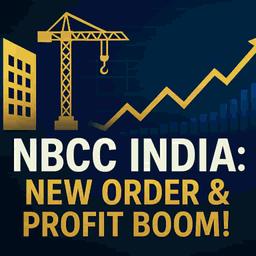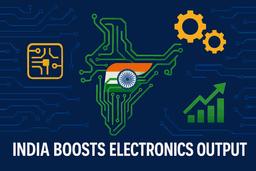A high-level summit in Mumbai saw a clash between the payments and capital market sectors on the future of stablecoins, with Visa supporting them for efficiency while NSE warned of regulatory risks. Discussions also focused on significant reforms, including easing IPO rules by reducing minimum public offering limits, enhancing export financing, strengthening capital markets with new instruments, and addressing specific needs for the insurance sector like GST changes and tax-free maturity benefits. Proposals were also made to streamline derivatives volume counting and revise Foreign Portfolio Investor regulations.
At the CII Financing Summit in Mumbai, senior leaders from India's financial sector debated critical issues shaping the nation's economic future.
Stablecoin Debate: The payments industry, represented by Visa's Sandeep Ghosh, expressed strong optimism about stablecoins for modernizing cross-border payments, citing potential for scale, speed, and lower costs. However, the capital markets side, led by NSE CEO Ashish Chauhan, cautioned that decentralized stablecoin models pose risks to regulatory oversight, taxation, and market integrity, likening them to a "Trojan horse" that could undermine frameworks like the Prevention of Money Laundering Act (PMLA). The Reserve Bank of India (RBI) Deputy Governor T. Rabi Sankar has also previously raised concerns about stablecoins potentially threatening monetary sovereignty.
Capital Market and Banking Reforms: Bank of America President Kaku Nakhate proposed several key reforms:
Market Depth and Insurer Needs: CareEdge CEO Mehul Pandya advocated for deepening capital and bond markets using instruments like pooled finance and guarantee funds. LIC MD Ratnakar Patnaik requested specific Union Budget actions: making insurance services GST exempt (instead of zero-rated) to enable input tax credit claims, increasing the tax-free maturity proceeds limit for policies from ₹5 lakh to ₹10 lakh annually, and treating excess Government Securities (G-Sec) investment as infrastructure investment for flexibility.
Data Integrity and Foreign Investment: NSE CEO Ashish Chauhan also called for standardizing derivative market volume counting based on premiums, not notional values, to prevent flawed policymaking. He further urged a review of Foreign Portfolio Investor (FPI) regulations, which he deemed too stringent.
Development Finance Institutions: Moderator Janmejaya Sinha highlighted the need for India to re-establish Development Finance Institutions (DFIs) to sustainably finance long-term projects crucial for economic growth.
Impact: This news is highly relevant for the Indian stock market as it signals potential policy shifts and reforms in key areas like IPOs, cross-border payments, insurance, and foreign investment. These discussions could influence investor sentiment and future corporate strategies.
Rating: 8/10






